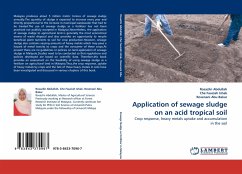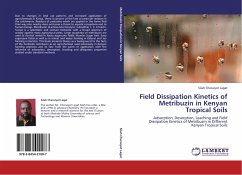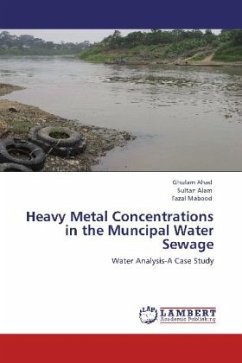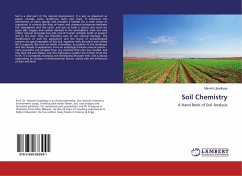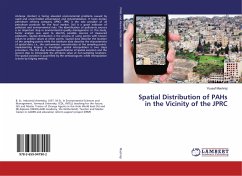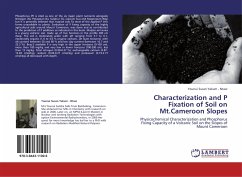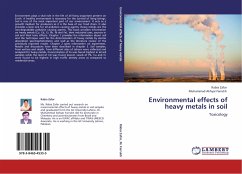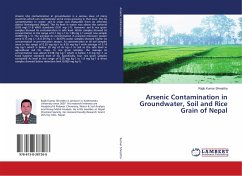Malaysia produces about 5 million metric tonnes of sewage sludge annually.The quantity of sludge is expected to increase every year and directly proportional to the increase in municipal wastewater that had to be treated.The use of sewage sludge as a fertilizer has not been practiced nor publicly accepted in Malaysia.Nevertheless, the application of sewage sludge to agricultural land is generally the most economical means of waste disposal and also provides an opportunity to recycle beneficial plant nutrients to soil for crop production.However, sewage sludge also contains varying amounts of heavy metals which may pose a hazard of metal toxicity to crops and the consumer of these crops.At present there are no guidelines or policies on land application of sewage sludge in Malaysia.Studies need to be conducted so that regulations and policies developed are based on scientific data. Therefore,this book provides an assessment on the feasibility of using sewage sludge as a fertilizer on agricultural land in Malaysia.Thus,the crop response, uptake of heavy metals by crops and the fate of these heavy metals in soils have been investigated and discussed in various chapters of this book.
Bitte wählen Sie Ihr Anliegen aus.
Rechnungen
Retourenschein anfordern
Bestellstatus
Storno

